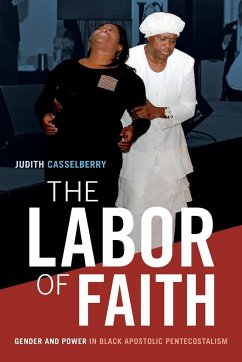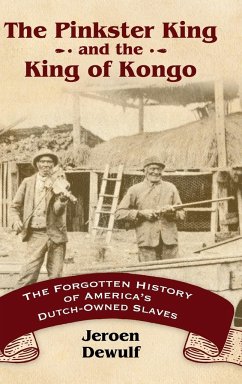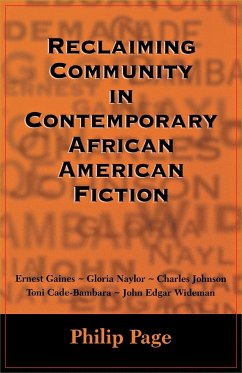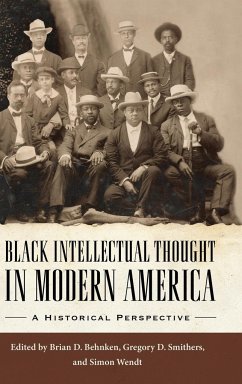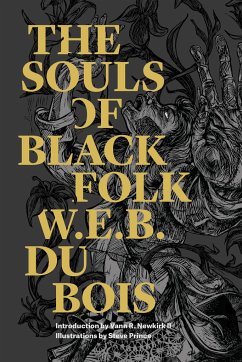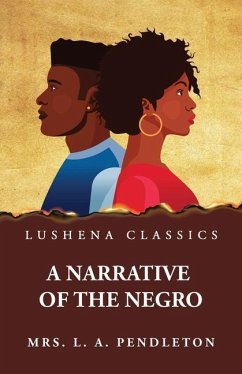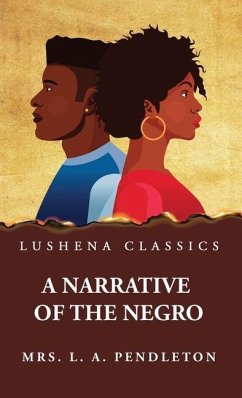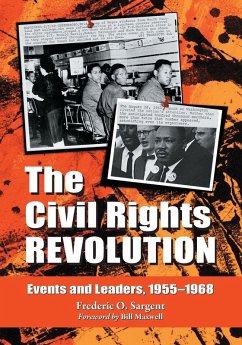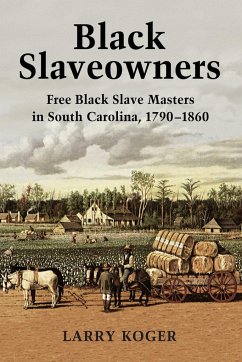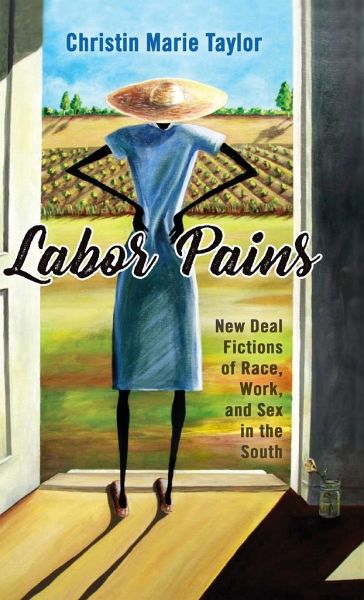
Labor Pains
New Deal Fictions of Race, Work, and Sex in the South
Versandkostenfrei!
Versandfertig in 1-2 Wochen
111,99 €
inkl. MwSt.
Weitere Ausgaben:

PAYBACK Punkte
56 °P sammeln!
From the 1930s to the 1960s, the Popular Front produced a significant era in African American literary radicalism. While scholars have long associated the black radicalism of the Popular Front with the literary Left and the working class, Christin Marie Taylor considers how black radicalism influenced southern fiction about black workers, offering a new view of work and labor. At the height of the New Deal era and its legacies, Taylor examines how southern literature of the Popular Front not only addressed the familiar stakes of race and labor but also called upon an imagined black folk to exp...
From the 1930s to the 1960s, the Popular Front produced a significant era in African American literary radicalism. While scholars have long associated the black radicalism of the Popular Front with the literary Left and the working class, Christin Marie Taylor considers how black radicalism influenced southern fiction about black workers, offering a new view of work and labor. At the height of the New Deal era and its legacies, Taylor examines how southern literature of the Popular Front not only addressed the familiar stakes of race and labor but also called upon an imagined black folk to explore questions of feeling and desire. By poring over tropes of black workers across genres of southern literature in the works of George Wylie Henderson, William Attaway, Eudora Welty, and Sarah Elizabeth Wright, Taylor reveals the broad reach of black radicalism into experiments with portraying human feelings. These writers grounded interrelationships and stoked emotions to present the social issues of their times in deeply human terms. Taylor emphasizes the multidimensional use of the sensual and the sexual, which many protest writers of the period, such as Richard Wright, avoided. She suggests Henderson and company used feeling to touch readers while also questioning and reimagining the political contexts and apparent victories of their times. Taylor shows how these fictions adopted the aesthetics and politics of feeling as a response to New Deal-era policy reforms, both in their successes and their failures. In effect, these writers, some who are not considered a part of an African American protest tradition, illuminated an alternative form of protest through poignant paradigms.





